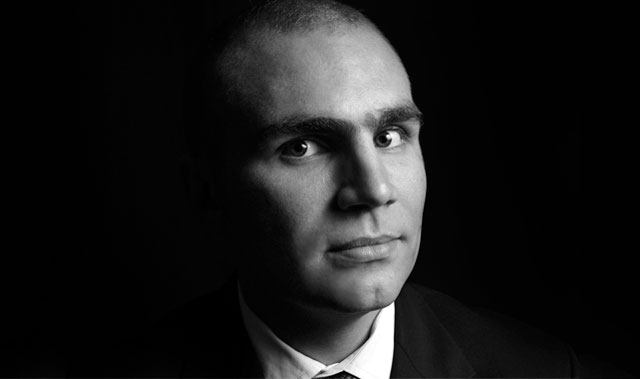
The small black box at the heart of the move from analogue to digital is about South Africans’ freedom, which communications minister Yunus Carrim’s decision will either narrow or enlarge.
This is unfortunate since technology and markets function best when given the widest possible freedom. This is clearly evident with disruptive technologies, which are precisely what their name implies — disruptive. This disruption is magnified when public policy is involved in what essentially should occur at the dictates of the market.
This has happened in our local television industry, with MultiChoice and e.tv building large profitable businesses through creative and disruptive engagement in the open market. Even the SABC is attempting to broaden its appeal by launching new channels on different platforms. This natural process is complicated when government intervenes.
To be sure, this is not Carrim’s fault. In a very short period, he has rectified many of the incompetent decisions and plain wrongs that under previous ministers were afflicting the industries under his purview. However, he still has an important decision to make: whether a small black box that converts a digital signal to an analogue one should be encrypted or not.
Yet this little box implies so much more. It is the difference between a closed arena controlled by government and an open, free market where the most energetic and creative (and thus profitable) will survive, much as DStv did with satellite and e.tv did with 24-hour news — both of which have outdone the SABC.
By mandating an encrypted black box, the minister would be effectively closing the market. The claims that such a choice will be protecting the local manufacturing industry with an encrypted system by preventing cheap Chinese products from flooding the market is unfounded. Is Carrim saying that our young engineers trained at our universities are not capable of developing a competitive business model?
More importantly, if the minister decides in favour of encryption, then who will be the gatekeeper to this locked system? Government?
Carrim has shown himself to be a man of integrity, but can he guarantee that he will head the ministry in the following government? Can he guarantee that greater errors and political opportunists will not hijack the ministry again, and again hold the industry to ransom?
South Africans are tired of hearing how a foreign (usually European) firm’s profits will be magnificently rewarded when a South African project comes online. Who will own this encryption? Probably a foreign company and, even if not, we must ask the question, who will be awarded the tender? After the e-tolls disaster, this information is far too important for us as South African consumers to allow to be kept from us until after a decision is made. These factors must be made known prior to the decision making takes place.
By closing the system, we don’t do anyone any favours. South African companies will not be protected. Instead, the implication will be that they don’t have to be more efficient and more cost effective, and that they definitely don’t have to create a better, faster, smaller set-top box on the next iteration. The result will be a poorer service and product. This is what happens with protection: it removes the energy from healthy competition. And this country’s creative young engineers won’t win the tender because they aren’t politically connected.
It is extremely worrying when access to a market is controlled by a government department. Before any potential new player even thinks of switching on their broadcasts, they will need to have established a close relationship with government for access to the TV airwaves.
The decision for an encrypted set-top box is about much more than a silly little box. It is deciding to institute a gatekeeper for the TV industry that effectively threatens to eliminate any potential new entrants. It is committing government to the never-ending tendering of set-top boxes. Will government subsidise these boxes forever? Why do the indigent only receive a state subsidy and not actual taxpayers?
Besides the subsidy, there is something far more insidious at play.
For all the good intentions, the central issue is one of dictating to consumers and to the markets that serve those consumers. And this strikes against our ability to make choices and spend our money where we think it’s best spent. This small black box is about freedom and the minister’s decision will either narrow or enlarge it.
Here is an opportunity for the minister to make a lasting public policy decision, the effects of which will last for a very long time. Let us hope that his choice will be to the benefit of South African companies, the existing ones and the ones yet to be created, and of course the South African citizens who are usually forgotten amid the rancour of public policy decision making.
- Leon G Marincowitz is projects manager at the Free Market Foundation




